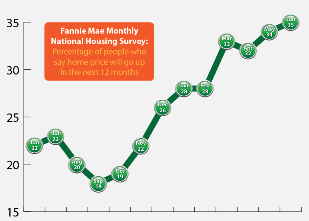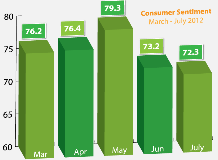|
|  Summer is in full swing, and that means many people are taking summer getaways. But, the last thing you want to worry about is a financial loss that might occur as a result of a missed flight, an injury or illness, lost baggage, or any other unforeseen incident. Summer is in full swing, and that means many people are taking summer getaways. But, the last thing you want to worry about is a financial loss that might occur as a result of a missed flight, an injury or illness, lost baggage, or any other unforeseen incident.
To ensure your peace of mind while away from home, many companies provide several different types of traveler's protection plans to help ease the burden.
Without insurance, a traveler can lose nonrefundable deposits and prepayments that can add up to hundreds, or even thousands, of dollars. A good, comprehensive travel insurance plan will often reimburse a traveler for all pre-paid, nonrefundable expenses for a covered loss.
Here are some general types of coverage you may want to consider before heading out for this summer's vacation:
Travel Arrangement Protection: This covers you in case of trip cancellation, interruption, or travel delays (these can include inclement weather, lost or stolen passports, quarantine, hijacking or natural disaster).
Medical Protection: Just because you have health insurance at home, the moment you set foot on foreign soil or even set sail on a cruise, many health plans are considered null and void, so be sure you get travel medical protection to cover emergency medical expenses, such as illness and accident expenses, and emergency medical transportation to the nearest medical facility.
Baggage Protection: Not only do you want coverage for lost, stolen or damaged baggage, but many plans offer reimbursement for the purchase of essential items if baggage is delayed.
Worldwide Emergency Assistance: If traveling outside of the country, make sure you purchase a policy that covers international emergencies. This can include emergency cash transfer assistance, legal assistance, and lost travel documents assistance.
The cost of travel insurance is based, in most cases, on the value of the trip and the age of the traveler. Typically, the cost is 5-7 percent of the trip cost. Like most every other type of insurance, be it automobile, medical, or homeowner's, you hope you never need to use it. But it can be a relief to have it when you do need it.
The bottom line is: Before embarking on your next trip, do your homework! Talk to your insurance agent and learn more about all the different insurance options available to you, so you can make the best choice for your peace of mind!
|
|




It's certainly important to be properly insured when traveling, especially if you're making frequent trips abroad throughout the year. You may regard it as an added expense or a luxury but if you're ever in need of it, you're sure glad it is there.
ReplyDeleteI totally agree with you. Most people think of Insurance as an expense, but it is a life saver when something happens.
ReplyDelete